Helping Children Cope With Tragedy: Resources by Age
Age-Related Reactions to a Traumatic Event (PDF) National Child Traumatic Stress Network
PreSchool:
How to Help Children Ages 0 – 2. “Helping Children Cope After a Traumatic Event”. Child Mind Institute
How to Help Children Ages 2 – 5. “Helping Children Cope After a Traumatic Event”. Child Mind Institute
Parent Tips for Helping Infants and Toddlers after Disasters Substance Abuse and Mental Health Services Administration
Tips for Helping PreSchool and School Children After Disasters National Center for Child Traumatic Stress
When Families Grieve: Sesame Street tackles the difficult topic of death and provides a number of resources and videos (in English, Spanish and with subtitles) of families’ personal stories about coping with the death of a parent, as well as strategies that have helped these families move forward for both military and nonmilitary families. Sesame Street
School Age:
How to Help Children Ages 6 -11. “Helping Children Cope After a Traumatic Event”. Child Mind Institute
Tips for Talking with (Infants & Toddlers; Pre-school Children; School Age Children; Adolescents) After Disasters SAMHSA documents available by age and in Spanish, Chinese & Japanese from the Department of Education’s Readiness & Emergency Management for Schools
Parent Tips for Helping School Age Children after Disasters Substance Abuse and Mental Health Services Administration
Adolescents:
Helping Children and Adolescents Cope with Violence and Disasters: What Parents Can Do to Help (20 pages, by age) National Institute of Mental Health
How to Help Children Ages 12 -18 “Helping Children Cope After a Traumatic Event”. Child Mind Institute
Parent Tips for Helping Adolescents after Disasters Substance Abuse and Mental Health Services Administration
- Available in Spanish, Japanese & Chinese (SAMHSA Parent Tips documents available in Spanish, Chinese & Japanese from the Department of Education’s Readiness & Emergency Management for Schools)
Parent Guidelines for Helping Youth after a Shooting National Child Traumatic Stress Network
College Students:
College Students: Coping After the Hurricane The National Child Traumatic Stress Network
Tips for College Students: After a Disaster or Other Trauma This publication helps college students cope with the mental health effects in the aftermath of trauma; it explains normal reactions, emphasizes the importance of talking about feelings, and offers tips for coping. SAMHSA
Tips for College Students: After a Disaster or Other Trauma: R U A Survivor of a Disaster or Other Trauma? This publication uses text-message shorthand to offer college students tips for coping after a disaster or other traumas; it describes ways students can cope with anxiety, fear, and sadness after a disaster or traumatic event, and includes resources for more information. Substance Abuse and Mental Health Services Administration
Crisis Response Resources: NYSSSWA Membership Dollars At Work
The New York State School Social Workers’ Association (NYSSSWA) is the only professional association dedicated solely to the visibility and viability of School Social Workers in New York State. Members are essential to our ability to support you and our profession. If you are not a member, join us today so we can continue to provide advocacy and services on your behalf.
Learn More About The Benefits Included in a Membership!

